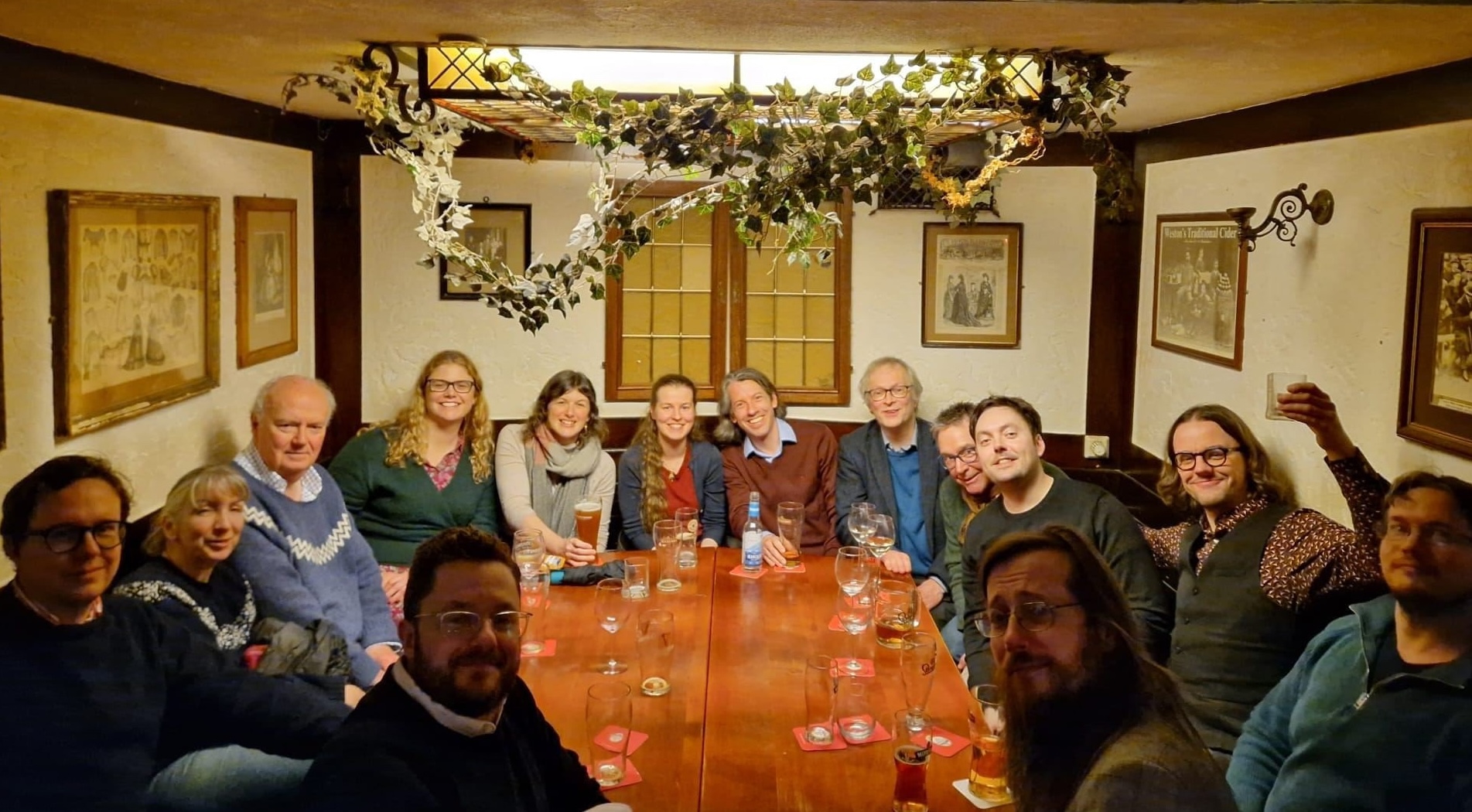
Posted by Levi Roach
2 June 2025As winter gives way to spring, so the minds of anxious and excited academics naturally start to turn – in some cases, in hope; in others, in trepidation – to the upcoming conference season. As a grizzled veteran of over 100 conferences and a regular attendee of the Leeds International Medieval Congress (the medieval conference par excellence here in the UK), I therefore thought it might be worth putting down a few thoughts for younger colleagues who may be making their first forays into conferencing. I have tailored this to larger conferences like the annual Leeds and Kalamazoo medieval congresses, since they are quite distinctive beasts. But much of it applies across the board.
So, here are Levi’s top conference tips:
This will come more easily to some than others. But there’s a reason why you’re at a conference in the first place: some things are best learned face-to-face and networking is (for better or worse) an important part of being an academic. Or to misquote Indiana Jones, ‘to be a good scholar, sometimes you got to get out of the library!’ So, ask questions, introduce yourself to people, strike up a conversation and see where it takes you. We’re all medievalists, so you’re in a safe space. This is your chance to bond over the minutiae of the Middle Ages with likeminded souls. Make the most of it!
Academe is not a blood sport. And despite occasional appearances to the contrary, it’s those who are build up their peers who really shape the field. So, if you hear a weak paper, it’s often best not to ask a question (‘if you don’t have anything nice to say…’ and all that). If you want or need to do so (perhaps no-one has asked any questions of the paper?), try to be positive, raising the tone of conversation and identifying areas in which you think the speaker has been successful. Equally, if you really enjoyed a paper, say so! If you don’t get a chance to do so in the Q&A, go up to the speaker afterwards and tell them how much you enjoyed it. They’ll be grateful for it and (to smuggle in another film allusion) it may be the beginning of a beautiful friendship.

If you’re giving a paper (or response), speak for as long as you’ve been requested to (typically 20 mins) and no more. This is a matter of courtesy not only to your fellow speakers (whose time you are otherwise infringing on), but also to your audience and your moderator (whose job it otherwise is to rein you in!). As Theo Riches noted before one of my own first Leeds IMC sessions: ‘Remember, no-one’s ever complained that a paper was too short.’
Large conferences are a marathon, not a sprint. Do not feel you have to attend something in every session. I normally aim to go to three of the four daily sessions at Leeds, leaving the other as free time to browse the book fair, chat with old friends and new acquaintances, or just decompress.
Featured image: Levi in full flow at a recent Centre for Medieval Studies seminar.